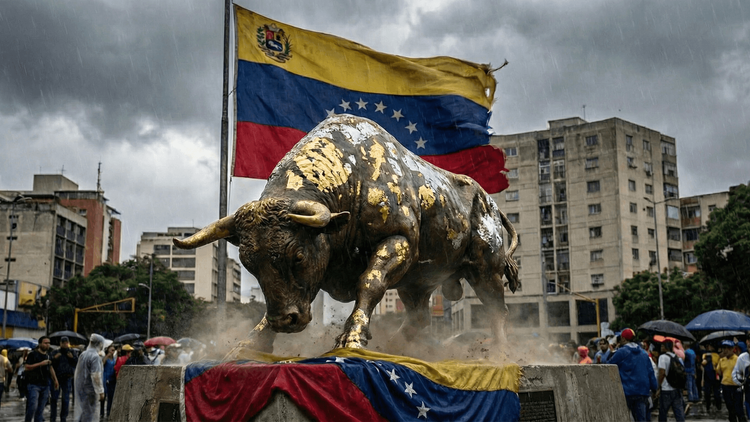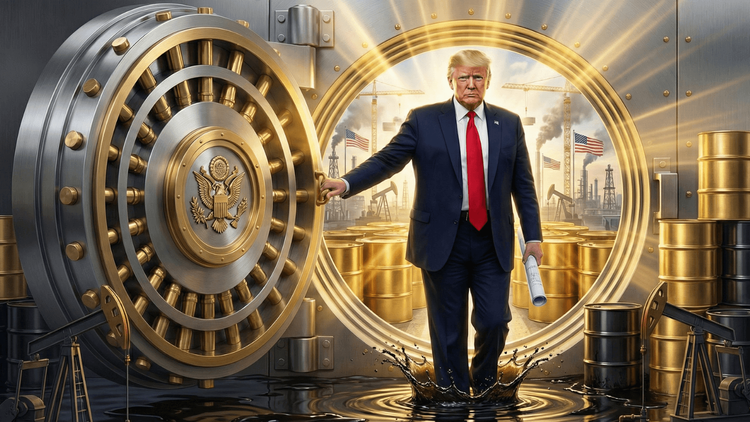Breaking China’s Grip: India Invests $1.88 Billion in Critical Minerals Exploration
India's $1.88 Billion Investment Aims to Secure Lithium and Critical Minerals for Energy Independence

India has taken a significant step toward securing its future in the global energy transition by approving a $1.88 billion (163 billion rupees) investment in developing its critical minerals sector. This bold move, announced by the government on Wednesday, aims to accelerate domestic mineral exploration, reduce reliance on imports, and position India as a key player in the global supply chain for battery metals and rare earth elements.
With the world’s fastest-growing economy looking to secure raw materials like lithium, which is essential for electric vehicles (EVs) and renewable energy storage, India’s latest investment signals a major shift in its industrial policy.
Why This Investment Matters
India's reliance on imported minerals, particularly lithium from China, has been a growing concern. With global demand for lithium-ion batteries soaring due to the electric vehicle boom, ensuring a stable domestic supply has become a top priority for New Delhi.
This $1.88 billion initiative will focus on:
- Expanding domestic exploration efforts – The government aims to intensify the search for lithium and other critical minerals within India’s borders and offshore regions.
- Boosting public sector investment – An additional $2.08 billion (180 billion rupees) in expected public sector funding will further strengthen India's push for resource independence.
- Financial incentives for exploration – The initiative will offer funding and other incentives to encourage private and public sector involvement in critical mineral discovery.
Breaking Free from China's Dominance
For years, China has dominated the lithium processing sector, controlling the majority of global refining and battery-grade lithium production. India, still in the early stages of developing its lithium processing technology, is now actively seeking collaborations with countries like Australia, Russia, and the United States to accelerate its capabilities.
New Delhi’s outreach efforts include:
- Technology partnerships with top lithium-producing nations.
- Joint ventures with foreign mining companies to secure raw materials.
- Developing domestic refining capacity to reduce reliance on China’s supply chain.
A Step Toward Energy Independence
In 2023, India identified 30 critical minerals, including lithium, cobalt, and rare earth elements, as essential for its energy transition. With growing demand from the electric vehicle, renewable energy, and high-tech manufacturing sectors, the country has little choice but to build a robust domestic supply chain.
This investment isn’t just about minerals—it’s about energy security, economic resilience, and technological self-sufficiency. By reducing dependency on imports, India is laying the foundation for a self-reliant future in clean energy and advanced manufacturing.
What’s Next?
The approval of this $1.88 billion mission marks the beginning of India’s long-term strategy to dominate the critical minerals landscape. The next steps will include:
- Accelerated exploration programs in key mineral-rich regions.
- Infrastructure development for lithium refining and battery production.
- Expanding strategic partnerships with global players to acquire cutting-edge mining and processing technology. As the global race for lithium and critical minerals intensifies, India is making it clear—it won’t be left behind.
Conclusion
India’s investment in its critical minerals sector is more than just a financial commitment; it’s a declaration of intent. With the world shifting toward renewable energy and EVs, controlling the supply of key minerals like lithium is becoming a matter of national security. By securing its own resources and reducing dependence on imports, India is positioning itself as a global leader in the clean energy revolution.






